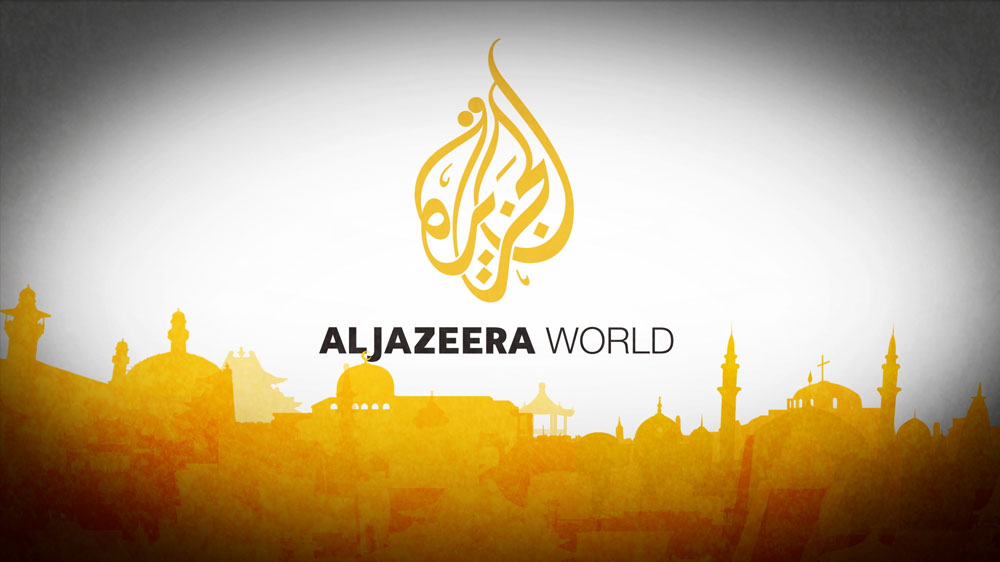

In response to Al Jazeera, a group of Saudi investors created Al Arabiya in the first quarter of 2003.Īl Jazeera operates a number of specialty channels besides its original flagship news channel. In 2003, it hired its first English-language journalist, Afshin Rattansi, from the BBC's Today Programme which was at the heart of UK events when it came to Tony Blair's decision to back the U.S. However, it was not until late 2001 that Al Jazeera achieved worldwide popularity when it broadcast video statements by al-Qaeda leaders. Its well-presented documentary on the Lebanese Civil War in 2000–2001 gave its viewer ratings a boost. The original Al Jazeera channel claimed to be the only politically independent television station in the Middle East. The Algerian government cut the electricity supply to large parts of the capital Algiers (and allegedly to large parts of the country), to prevent the program from being seen. Al Jazeera's broadcasts have sometimes resulted in drastic action: for example, on January 27 1999, Al Jazeera had critics of the Algerian government on during their live program The Opposite Direction. Critics accused Al Jazeera of sensationalism in order to increase its audience share. Al Jazeera presented controversial views regarding the governments of many Persian Gulf states, including Saudi Arabia, Kuwait, Bahrain, and Qatar it also presented controversial views about Syria's relationship with Lebanon, and the Egyptian judiciary. Al Jazeera introduced a level of freedom of speech on television that was previously unheard of in many of these countries. Prior to the arrival of Al Jazeera, many Middle Eastern citizens were unable to watch TV channels other than state-censored national TV stations. The channel began broadcasting in late 1996.Īl Jazeera's availability (via satellite) throughout the Middle East changed the television landscape of the region.

Many former BBC World Service staff members joined Al Jazeera, which at the time was not yet on the air. In April 1996, the BBC World Service Saudi-based Arabic language TV station, faced with censorship demands by the Saudi Arabian government, shut down after two years of operation. Other major sources of income include advertising, cable subscription fees, broadcasting deals with other companies, and sale of footage (according to the online Pravda, "Al Jazeera received $20,000 per minute for Bin Laden's speech." ) Al Jazeera had aimed to become self-sufficient through advertising by 2001, but when this failed to occur, the emir agreed to continue subsidizing it on a year-by-year basis.

The original Al Jazeera channel was started in 1996 with a US$150 million grant from the emir of Qatar.


 0 kommentar(er)
0 kommentar(er)
